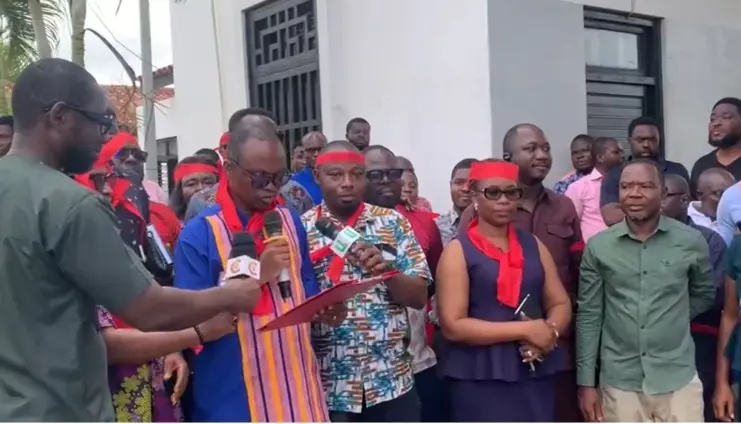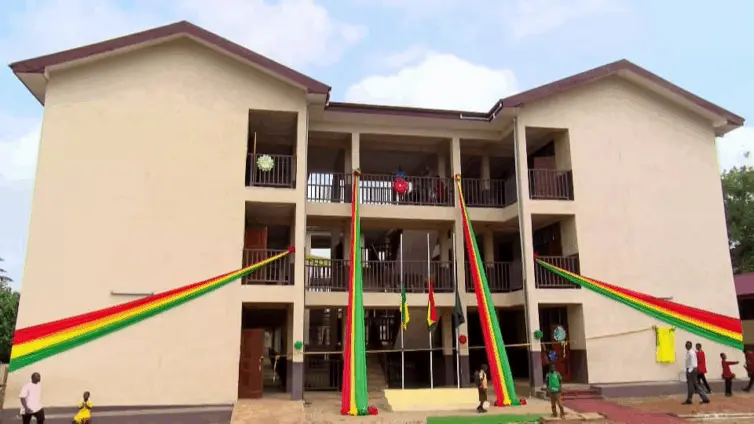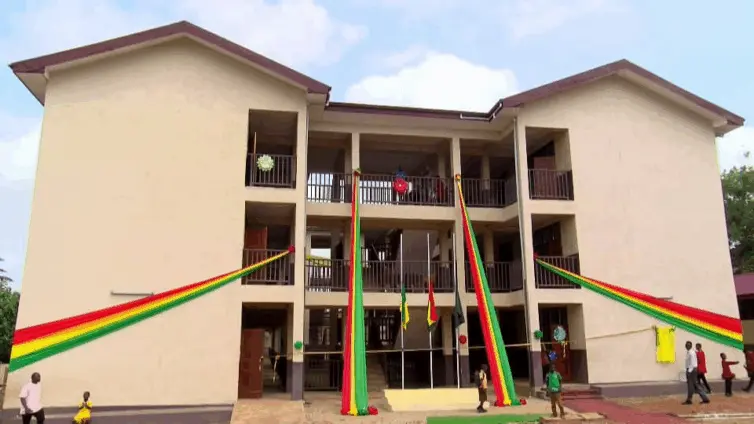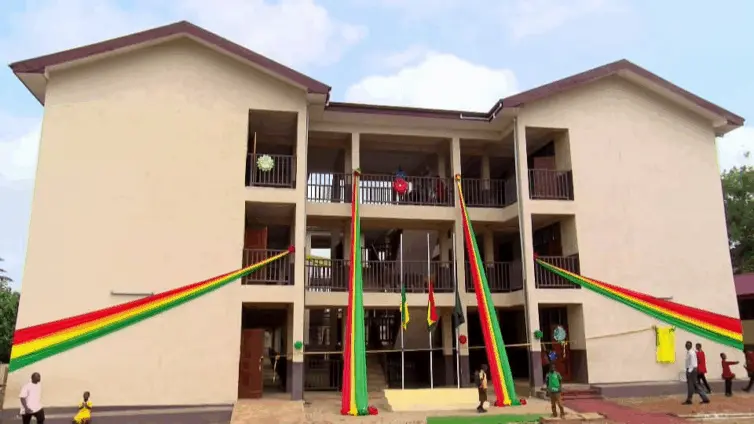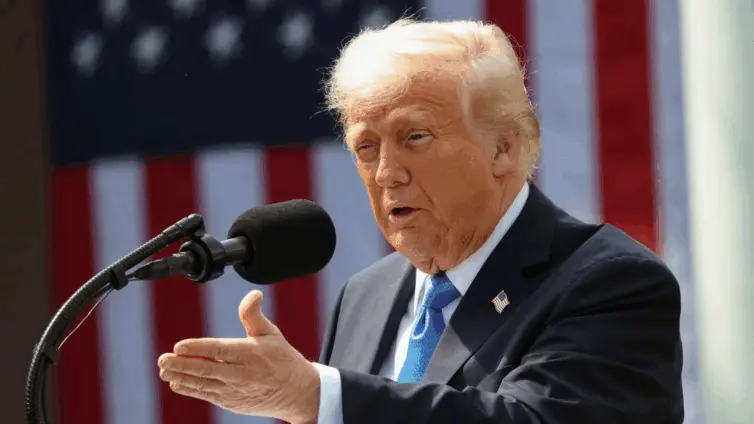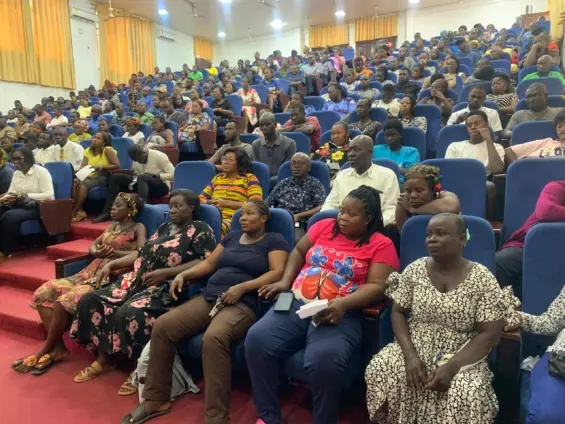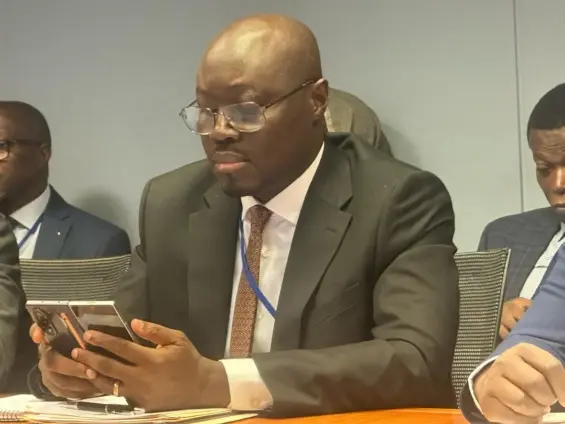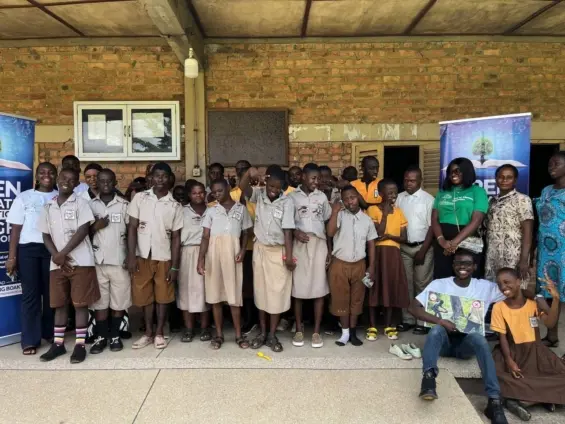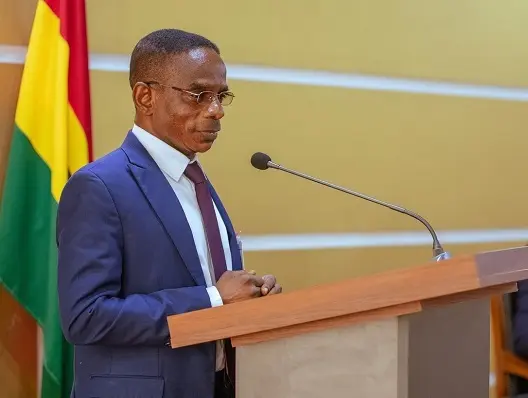The university staff strike in Ghana, which had disrupted the tertiary education sector, has been suspended, marking a pivotal moment for both the institutions and their employees. Following weeks of halted operations and tense negotiations, the Senior Staff Association of Ghana, alongside the Technical University Administrators Association and the Federation of Universities Senior Staff Association, have decided to call off their indefinite strike. This significant decision comes after what union representatives have described as a promising response from the government concerning their long-standing demands for improved conditions of service. The resolution of this University Staff Strike after Government Concessions could be a turning point.
At the heart of the matter were persistent issues surrounding the welfare and working conditions of university staff. This article aims to delve into the specifics of the agreement reached, explore the underlying causes that triggered the strike, and analyze the broader implications for universities and their staff in the foreseeable future. A comprehensive breakdown of the key concerns and their resolutions, drawing upon official statements from union leaders, will provide valuable context.
The narrative of the strike’s resolution is complex, rooted in months of unmet expectations and growing frustration.
The primary catalyst for the strike was a six-month delay in implementing an agreement designed to improve the conditions of service for university staff. For the unions, this delay represented a breach of faith and a lack of commitment from the government. The unions expressed deep frustration over the perceived inaction by both the current and previous administrations in fulfilling the terms of the negotiated deal. George Ansong, National Chairman of the Senior Staff Association, emphasized that the decision to strike was a last resort, taken only after exhausting all other available avenues for resolution. As he stated, “The Technical Universities Administrators Association of Ghana (TUWAG) and the Federation of University Senior Staff Association of Ghana (FUSAG) announce, with deep regret but unwavering resolve, our decision to embark on an indefinite strike action”.
The turning point in the University Staff Strike came with what the unions deemed a positive shift in the government’s stance. According to a statement issued by National Chairman George Ansong on May 22nd, the government’s response to the unions’ concerns played a pivotal role in the decision to suspend the strike. “We are pleased to inform you that following our collective action and strong advocacy, the Government has responded positively to our demands,” the chairman’s statement read. A critical step was taken when the Ministry of Finance reportedly released a letter authorizing the implementation of the agreement, setting an effective date of November 1, 2024. Furthermore, the Ghana Tertiary Education Commission (GTEC) granted clearance for immediate payment by the universities, effectively paving the way for the agreement to be put into action.
Based on the government’s commitment to address their concerns, the unions announced that all members were expected to resume work on Friday, May 23rd. The unions also extended their appreciation to the Minister of Education and Prof. Ahmed Jinapor Abdulai for their roles in facilitating the resolution. They also thanked the media and their members for their support during the strike.
The resolution of the University Staff Strike carries significant implications for the future of tertiary education in Ghana.
This resolution could potentially foster improved labor relations between university staff and the government. The focus now shifts to ensuring the effective and timely implementation of the agreement to prevent future disputes. The improved conditions of service could play a vital role in attracting and retaining qualified staff within the tertiary education sector, and a stable academic environment is crucial for students, and the end of the strike ensures uninterrupted studies and academic progress.
The suspension of the University Staff Strike marks a significant stride toward stability in Ghana’s tertiary education system. The government’s concessions and the unions’ willingness to resume work underscore a shared commitment to addressing the concerns of university staff and ensuring a conducive learning environment for students. Moving forward, the priority will be on the effective implementation of the agreement and fostering open communication between all stakeholders to prevent similar disruptions in the future.
Image Source: MYJOYONLINE

